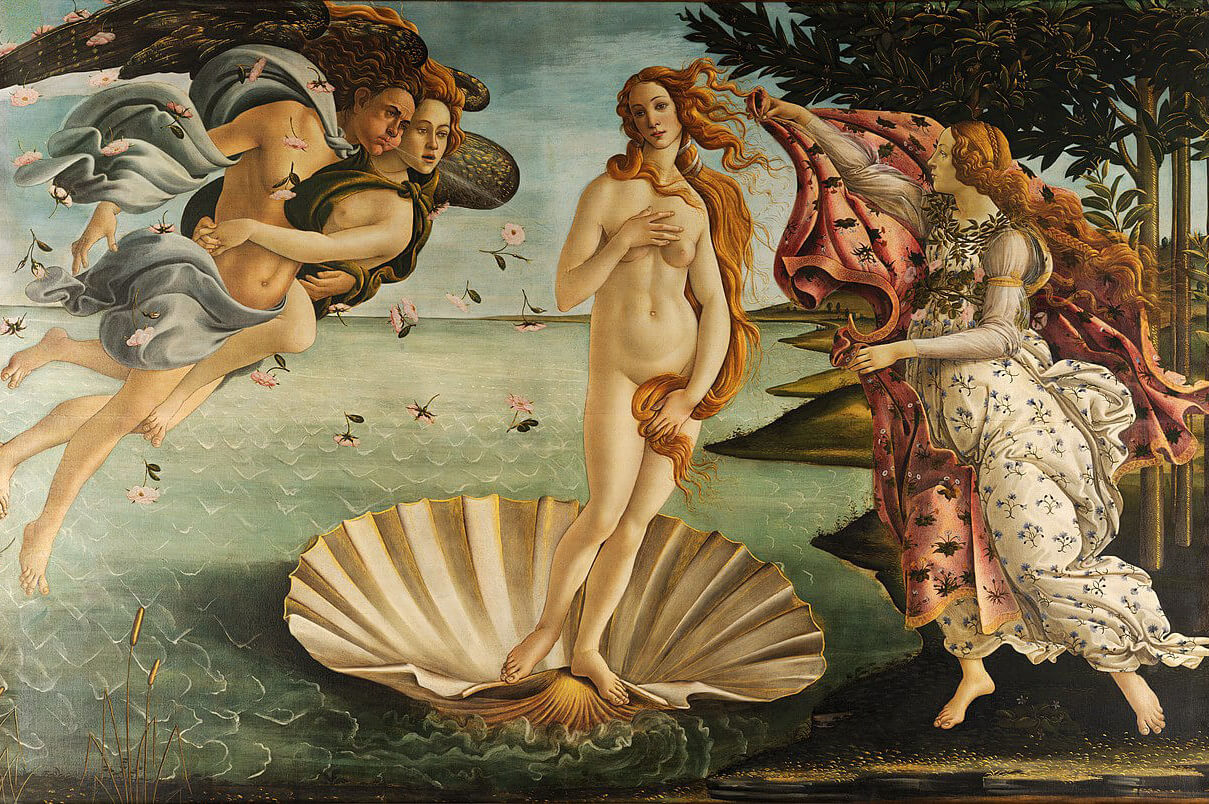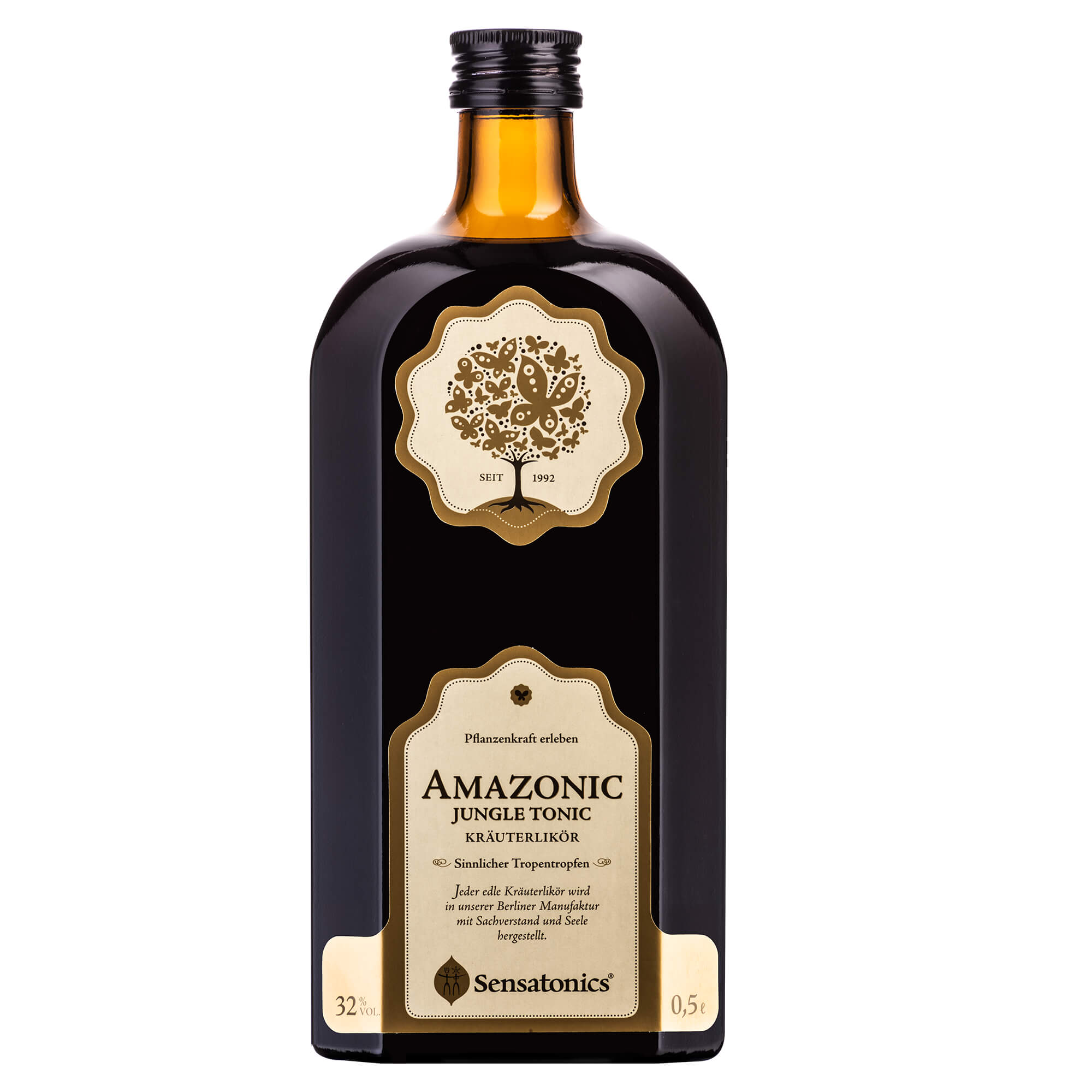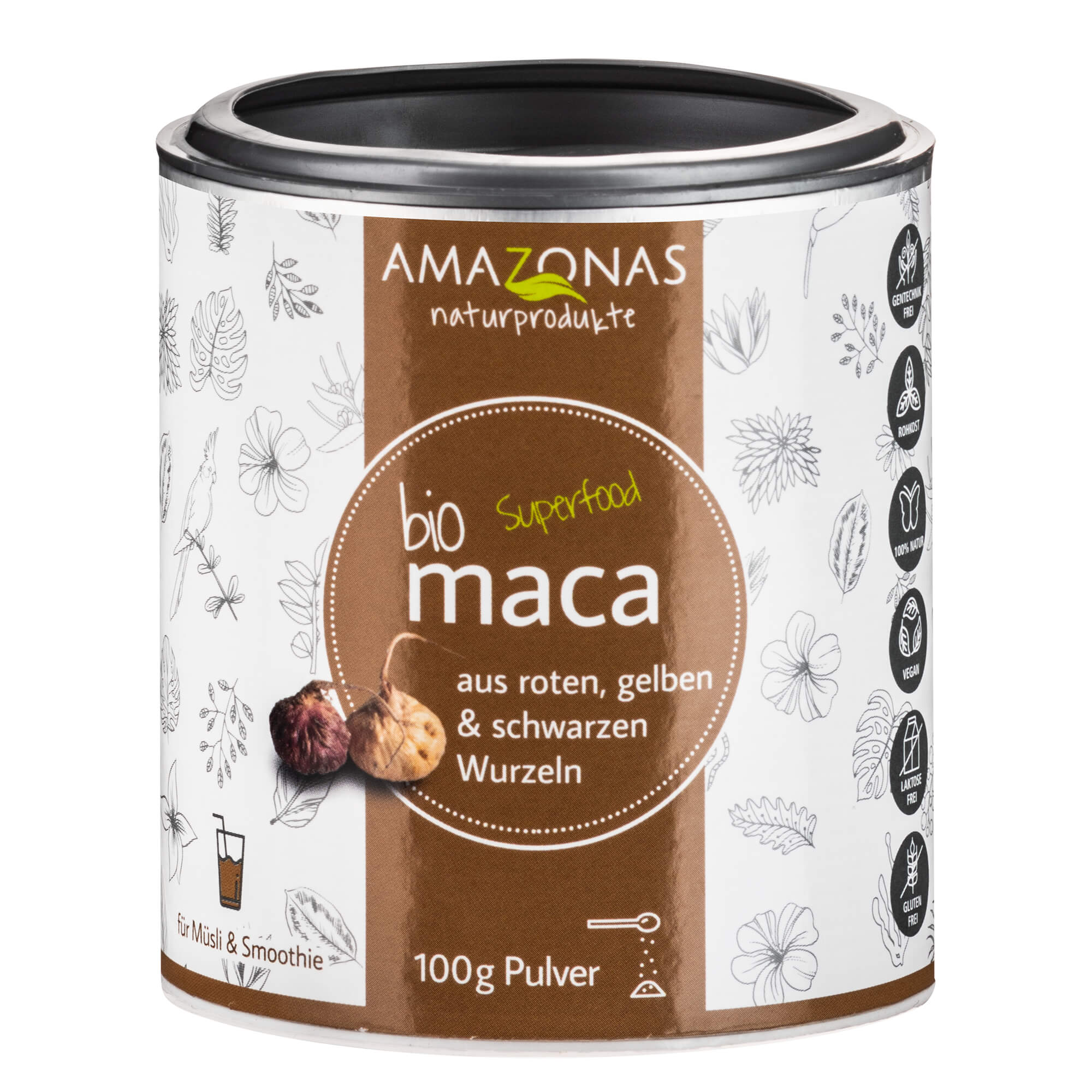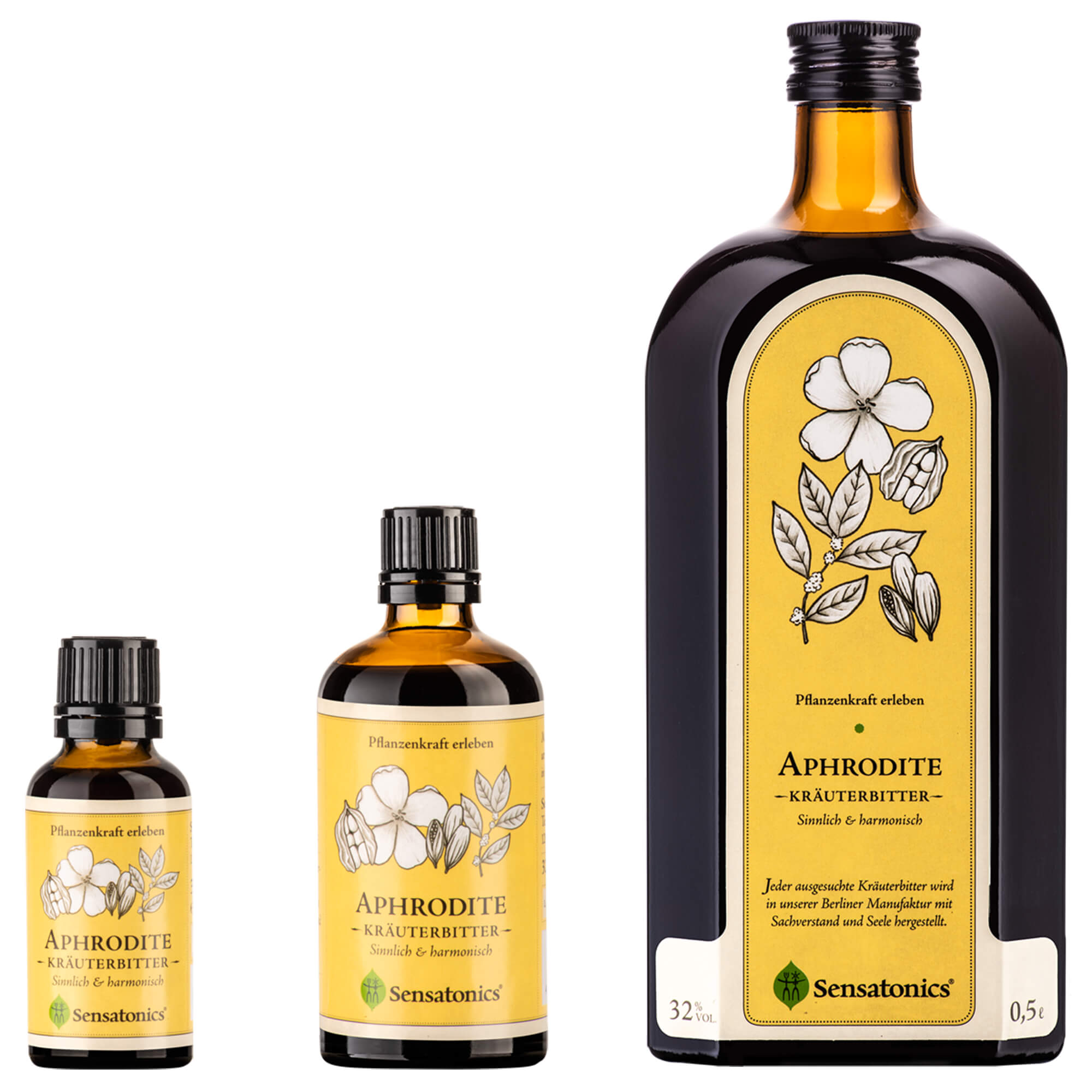
Love plants & aphrodisiacs
Part 1 of the Sensatonics love remedy series
While "Viagra for Women" is hyped into the market despite its side effects, this article presents alternative options: love plants and herbal aphrodisiacs. However, regardless of whether they are chemical or herbal potency enhancers, neither works without psychological readiness or a sexual stimulus.
Secrets of Eroticism
It is one of the secrets of eroticism that people, just as they are, come closer and experience each other with all their senses. Why should it be embarrassing to not feel desire or to "not be able to"—especially since this "not being able" often corresponds to a "not wanting" on a subconscious level.
Especially in cases of insecurity, self-doubt, or tension, herbal remedies and a holistic approach are often particularly effective. A bath in rose petals by candlelight, although considered kitschy and clichéd, can be extremely effective. A good wine, liqueur, or aphrodisiacal herbal bitter, enjoyed with all the senses, can also bring erotic pleasure—and in the process, it can help reduce any inhibitions about readiness for love.
Surprisingly, it’s not just herbs and spices that can have sensual effects and serve as love agents, but also fruits, vegetables, and seafood: It’s widely known that oysters or pomegranates are said to have aphrodisiac effects. But what about apricots, plums, artichokes, mussels, or asparagus? While their effects may not be as potent as those of Damiana, Muira Puama, kola nuts, maca, or catuaba, when combined in a lovingly prepared menu sequence, they create a unique sensual effect that can hardly be compared to the use of chemical aids.
Chilean author Isabel Allende has published a whole cookbook full of sensual recipes ("Aphrodite - A Celebration of the Senses"). It’s not only about love plants but about celebrating an overarching sensuality that is heightened by aphrodisiac foods and drinks. The most important erogenous zone remains the brain, which can take us to unimaginable heights with the power of imagination. At the same time, imagination can also be the greatest pleasure killer.
Love Plants
Love plants usually target exactly this: they can open the heart and support sensual moods. Real plants act differently than medications, where the quantities of active ingredients are precisely standardized. Each pill, each drop contains exactly the intended amount of active ingredients. Chemical potency enhancers usually work very specifically on the hormonal balance and the circulation of the sexual organs.
On the other hand, plant components cannot be precisely standardized in their original state: light, nutrient content of the soil, harvest time, etc., play a crucial role in the active ingredient content. Therefore, the effect of a Damiana tea can vary significantly. Herbal aphrodisiacs can also specifically affect certain body parts, for example, improving circulation in the pelvic region. However, love plants often work more holistically, enhancing sensuality by increasing skin sensitivity, influencing blood circulation and heat perception, stimulating the imagination, relaxing, and affecting the formation and scent of body secretions. Due to the diversity of effects, an additional dimension of eroticism unfolds, arising from interaction: dilated pupils and blushed cheeks often appear attractive and provide the stimulus without which nothing works.
Traditional Love Remedies and Aphrodisiacs
Recipes passed down from antiquity and the Middle Ages are known to enhance potency or fertility, or even to abort a fetus. These topics have traditionally been closely related—and often the dosage of the preparation determines the area of use and specific effect. Some of these so-called "witch herbs," due to their psychoactive effects and their content of toxins, are far from harmless and were already banned in ancient Rome. This includes plants like aconite, mandrake, and henbane.
Traditionally, plants that resemble male or female genitalia in their appearance have also been popular as love remedies—such as the stinkhorn mushroom, which "grows up like an erect penis from the 'witch egg.'” The testicle-shaped roots of the orchid were also used to make love potions. It is said that even today, on some markets, the flour from these roots is sold as a love remedy.
Modern Love Potions
Long-cherished and traditional herbal aphrodisiacs like Damiana, Muira Puama, kola nuts, maca, and catuaba have experienced something of a renaissance in recent years. This is partly due to the fact that we can now obtain them in ready-to-use formulations. Our ancestors could only dream of such safe, convenient, and complementary love elixirs.
In the following articles, we will focus on these plants and elixirs.












